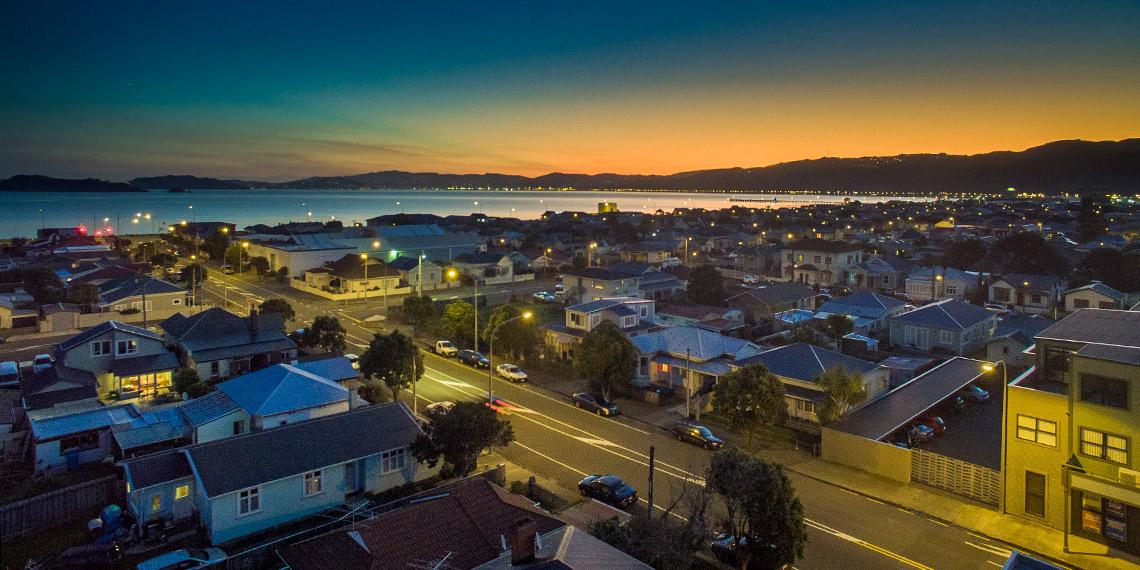You are here
Salvation Army report shows the reality of the housing catastrophe and cost of living on local communities

Unaffordable housing, an increased cost of living, inadequate healthcare services and increasing levels of crime are some of the challenges local communities are facing.
The Salvation Army Social Policy and Parliamentary Unit has released their fifth State of our Communities report released today, with focus on four local communities: Royal Oak, Westgate, Petone and Blenheim. Using public data, interviews with 496 residents and 15 community leaders across the four communities, the report illustrates the realities, challenges, solutions and aspirations of those living and working in these communities.
‘The housing catastrophe is at the heart of many of the challenges local communities are facing,’ says Social Policy Analyst and Advocate Ana Ika. ‘Home ownership is a pipe dream, rental property is unaffordable, social housing is unavailable and homelessness is more visible in these communities.’
The report also shows how housing intensification is putting a strain on infrastructure and building houses not fit for the community. In Westgate, for example, building consents have increased by 400 percent over the past 10 years and 72 percent of these building consents are for townhouses.
‘Communities also discussed the increasing cost of living, which includes high costs for housing, petrol and food, along with a lack of quality employment,’ says Ms Ika. In Blenheim, locals emphasised that the dependence on viticulture and lack of economic diversification meant that many locals were ‘working poor’ and confined to employment with low wages. One respondent said: ‘The rich keep getting richer and the poor keep getting poorer. Low wages and not enough affordable housing in Blenheim.’
Key issues for local communities are increasing levels of crime, particularly the presence of gangs and meth use. In Royal Oak the number of victimisations reported to police had increased by 40 percent in the past five years. Locals also highlighted the difficulties in accessing health services, such as a GP or mental health services, with one local stating: ‘Try getting a doctor's appointment within a week—unless you’ve chopped an arm off or something’.
‘Despite these challenges local communities also provided solutions, such as community gardens to alleviate the increasing cost of food, investment in the wellbeing and education of young people and the creation of meaningful and quality employment locally,’ says Ms Ika.
‘It is essential to ensure that the realities communities are facing are continually brought to the forefront to ensure that we don’t normalise the current housing and cost of living crisis, but that the community, local and national government endeavour to work collectively to address these challenges for all Kiwi,’ says Ms Ika.
The full report is available on our website (from 05:00, Wednesday, 28 September 2022): https://www.salvationarmy.org.nz/OurCommunities2022
The Salvation Army Territorial Media Officer, 021 945 337, email: media@salvationarmy.org.nz (The Media Officer responds to enquiries from media outlets and journalists. If you would like to donate, are in need of help, or have some other non-media-related enquiry, please call 0800 53 00 00.)